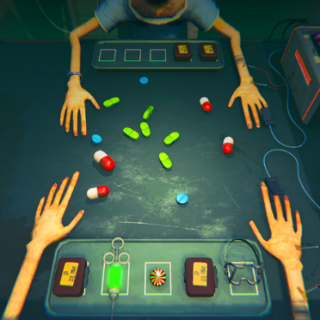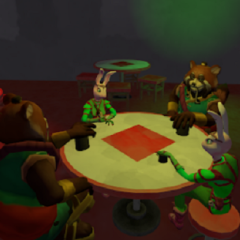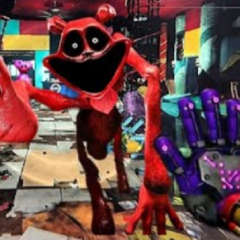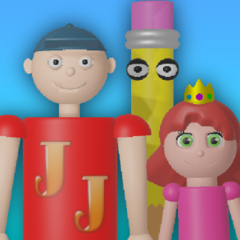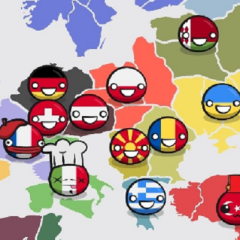Side Effects 2
Side Effects 2 is a surreal narrative-driven game that builds upon its predecessor’s foundation of emotional exploration and abstract storytelling. The game places the player in a fragmented world shaped by internal conflict and psychological instability. As the story unfolds, players must interact with characters, confront distorted memories, and interpret cryptic symbols that speak to deeper emotional truths.
A Shifting Inner World
Each scene in the game reflects a specific psychological state, often marked by changing environments, unreliable narration, and shifting rules. Time and space behave inconsistently, pushing players to rely on intuition rather than logic. Choices made throughout the journey affect the progression, leading to various interpretations of the protagonist’s inner state. The game encourages observation and emotional engagement rather than puzzle-solving in the traditional sense.
Core Elements and Interactive Themes
Side Effects 2 is less about clear objectives and more about navigating a symbolic world. It uses a combination of visual cues, audio distortions, and fragmented dialogue to communicate meaning. The player gradually pieces together the story by making connections between scenes and analyzing character behavior.
Key aspects of the experience include:
· Dynamic environments that change with player decisions
· Multiple narrative paths and conclusions
· Symbolic representation of trauma and healing
· Non-linear progression based on exploration
· Minimal HUD for immersive storytelling
Interpreting Reality
The game blurs the line between reality and imagination. At times, it’s unclear whether the events are happening in the physical world or entirely within the protagonist’s mind. This ambiguity becomes part of the challenge, requiring players to pay attention to small details. Side Effects 2 does not provide easy answers but instead asks players to confront difficult themes through quiet reflection and moment-to-moment discovery.
Continuing the Journey
While it stands alone, Side Effects 2 connects thematically with the first game, expanding the emotional depth and complexity of the universe. The experience is meant to be personal, with each player taking away something different depending on their choices and interpretations. It’s a story about identity, consequence, and the struggle to find clarity in chaos—a journey shaped as much by feeling as by logic.
